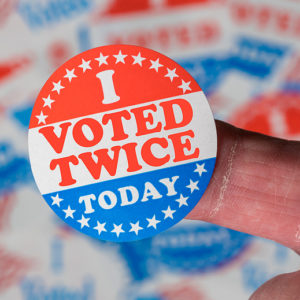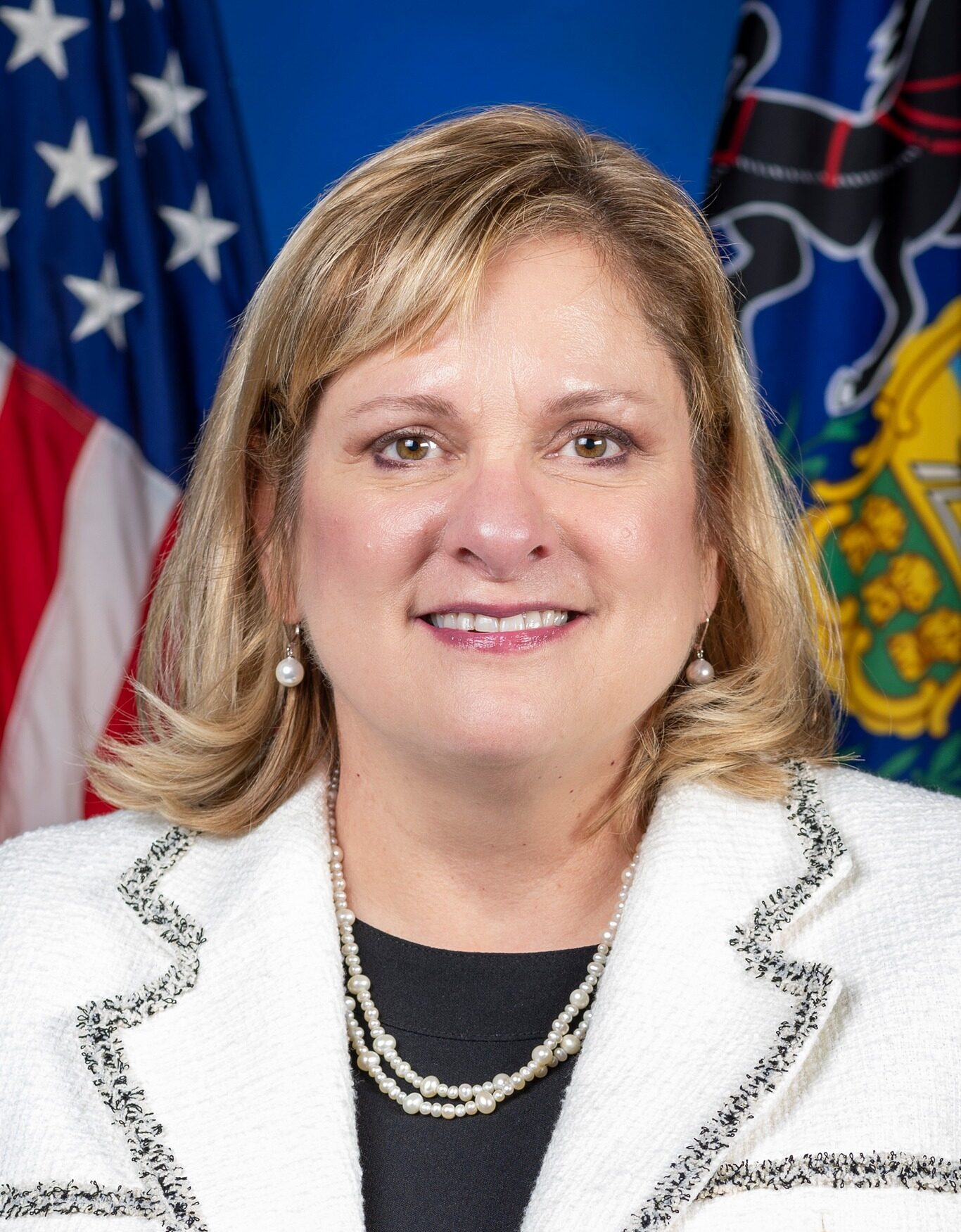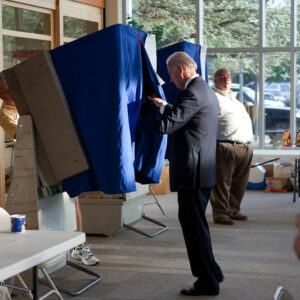LUCAS: Voting Fraud Is Widespread

The 2020 election involved a criminal voter fraud scheme with mass absentee ballots and phony voter registrations, according to the Justice Department and the New Jersey attorney general.
This verdict and indictment happened in 2023. Prosecutors in Massachusetts and New York brought election fraud charges in the closing weeks of December.
The Justice Department secured a guilty verdict against a congressional candidate’s spouse — Kim Phuong Taylor — from a federal jury in November in Sioux City, Iowa, on 52 counts regarding causing absentee ballots to be fraudulently requested and cast that occurred in two elections. Her husband, Jeremy Taylor, ran unsuccessfully in the 2020 Republican primary for the U.S. House in Iowa’s 4th Congressional District, then successfully in the general election to be re-elected as a Woodbury County supervisor.
In late October, New Jersey Attorney General Matthew J. Platkin announced Paterson City Council President Alex Mendez is facing more charges in his election fraud case stemming from his 2020 race. He was previously indicted in 2021 regarding actions in the election. The attorney general’s office alleges Mendez personally collected ballots and oversaw the fraudulent mailing of ballots while members of his campaign stole ballots from residential mailboxes and discarded several that did not cast a vote for their candidate. He had three alleged co-conspirators in the case.
As explained in my book “The Myth of Voter Suppression,” election fraud cases are more easily detectable in some states than others. And far too often, remedies to curb absentee ballot fraud are unfairly smeared.
Some high-profile stories have prompted Democratic politicians and much of the media to trot out their talking point that voter fraud is a farce. Another talking point is that those rascally red states are prosecuting election fraud cases as a means to infringe on voting rights.
But in the last quarter of 2023, indictments or adjudicated court cases occurred in various states.
On Dec. 21 in Lawrence, Mass., City Councilor-elect Fidelina Santiago and an ally were indicted on charges including illegal voting, conspiracy to vote illegally, and obstruction of voting, WBZ CBS News Boston reported. The charges, brought by Essex County District Attorney Paul Tucker, stem from the November 2023 election after first being reported by the Massachusetts Secretary of State William Galvin’s office.
Also, just days before Christmas in Queens, New York, a 32-year-old man was indicted on charges of casting 20 falsified absentee ballots in the Democratic primary in 2022, Fox News reported. Queens County District Attorney Melinda Katz emphasized: “Every vote has to count. Election integrity is the foundation of a viable, working democracy.” The Queens man faces 140 charges. Beyond casting fake ballots, prosecutors say the man obtained approval for 32 out of 118 ballot applications.
Among the most high-profile cases is one in Bridgeport, Conn., where some of the alleged fraud from the September Democratic mayoral primary seemed to have been caught on camera. This led Mayor Joe Ganim — who served time on a previous public corruption conviction when he was mayor of the city about two decades earlier — to accept full responsibility, WSHU reported.
Ganim, however, said he wasn’t aware that a Democratic operative was allegedly stuffing ballots into a drop box outside Bridgeport City Hall and caught on camera in the act. A state judge tossed Ganim’s primary victory a week before the November general election, calling the evidence of fraud “shocking.”
A Texas state appeals court overturned the result of a Laredo City Council race, ruling that Ricardo Rangel Jr. was the rightful winner of a 2022 election. This came after the alleged involvement of city police officers in casting illegal votes, the Laredo Morning Times reported.
These legal cases highlight how voter fraud can be committed, emphasizing the critical need for robust election integrity laws.
The prosecutions and convictions brought within the last three months — ranging from illegal voting and ballot tampering to fraudulent registration — underscore the vulnerabilities in the electoral system.
As these cases unfold, they underscore the importance of continuous efforts to strengthen election laws and protect the vote as we move into 2024 — enabling us to safeguard the democratic foundations of the United States.





